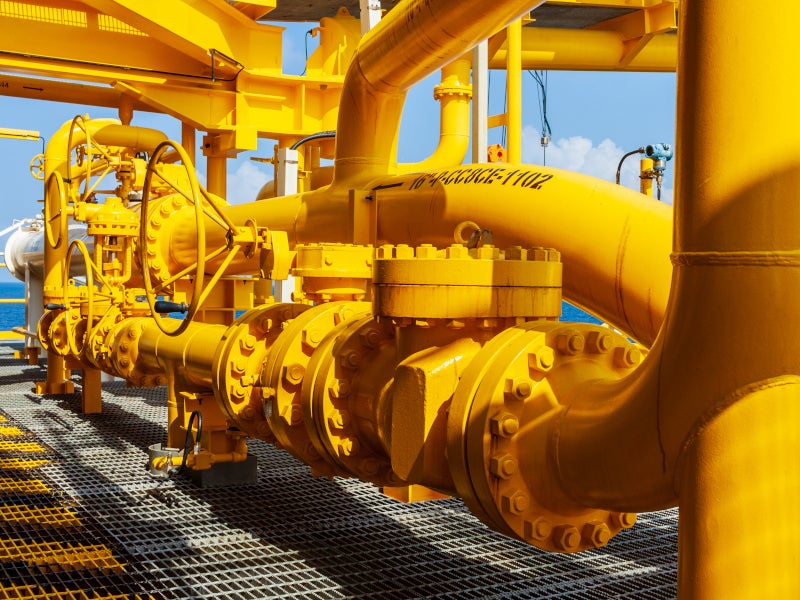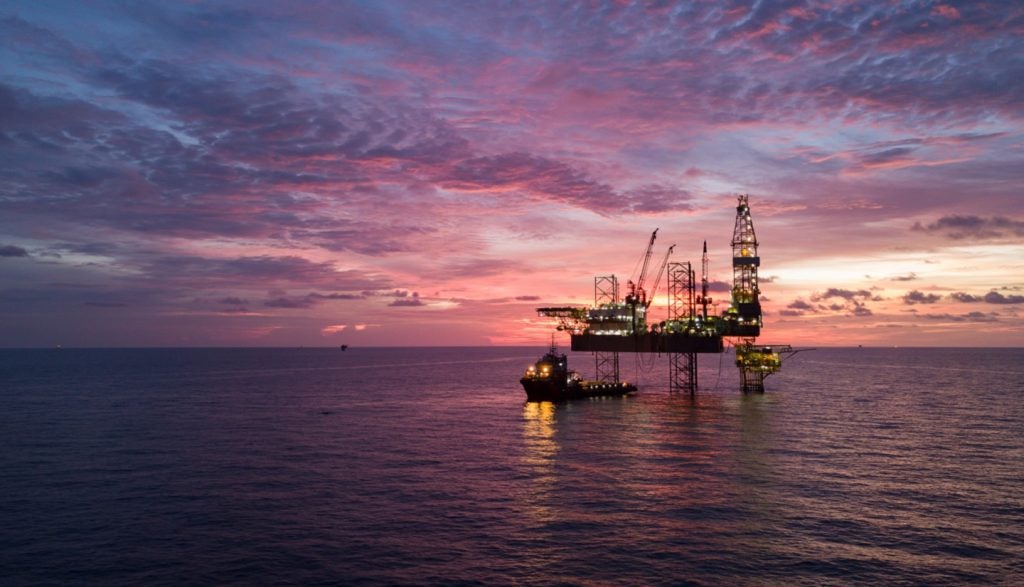Belbazem Offshore Block is a conventional oil development located in shallow water in the UAE and is operated by Al Yasat Petroleum Operations. According to GlobalData, who tracks more than 34,000 active and developing oil and gas fields worldwide, lies in block Al Yasat Offshore, with water depth of around 121 feet. Buy the profile here.
The project is currently in construction stage and is expected to start commercial production in 2024. The development cost is expected to be $1,000 m.
Field participation details
The field is owned by Abu Dhabi National Oil and China National Petroleum.
Production from Belbazem Offshore Block
Production from the Belbazem Offshore Block conventional oil development project is expected to begin in 2024 and is forecast to peak in 2036, Based on economic assumptions, the production will continue until the field reaches its economic limit in 2086.
See Also:
Contractors involved in the Belbazem Offshore Block conventional oil field
Some of the key contractors involved in the Belbazem Offshore Block project as follows.
Design/FEED Engineering: Petrofac, SNC-Lavalin Group and National Marine Dredging
Main EPC: National Marine Dredging
Other Contractors: McDermott International, Johnson Matthey, ABL Group, 3W Networks and Gerab National Enterprises
For more details on the Belbazem Offshore Block Conventional Oil Field, buy the profile here.
Premium Insights
From

The gold standard of business intelligence.
Blending expert knowledge with cutting-edge technology, GlobalData’s unrivalled proprietary data will enable you to decode what’s happening in your market. You can make better informed decisions and gain a future-proof advantage over your competitors.





